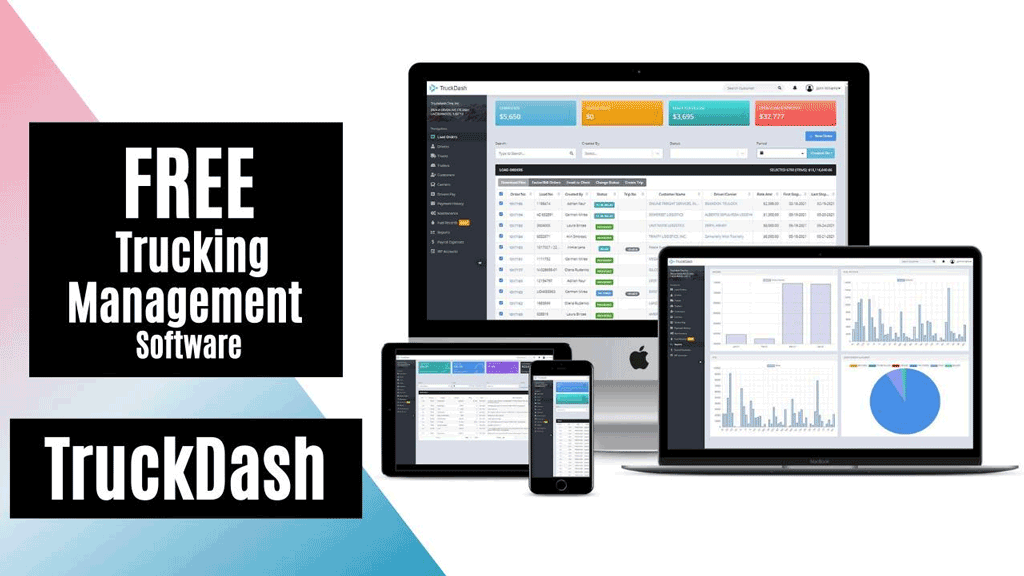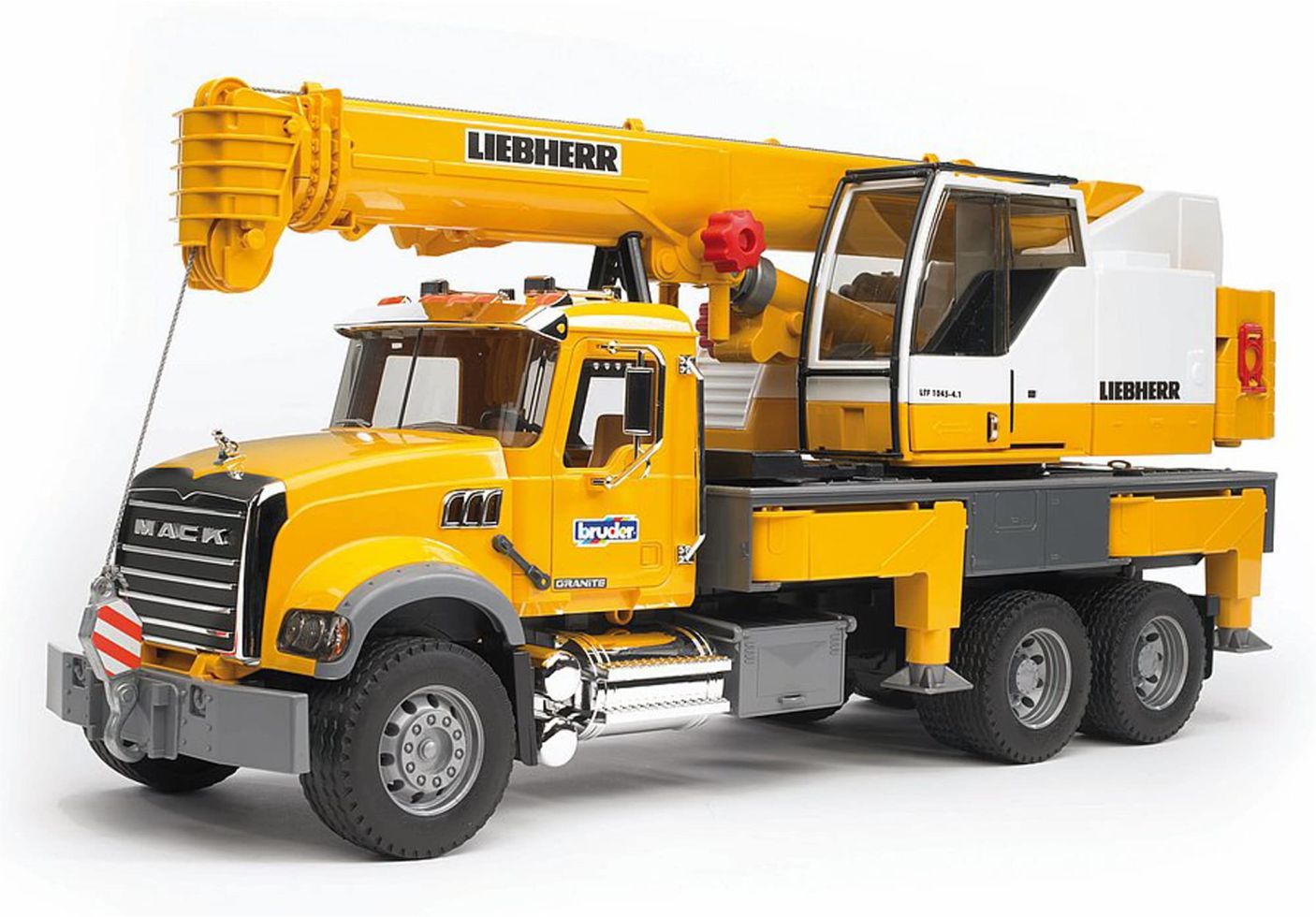Table of Contents
As an owner operator, you want to find good freight that pays well and matches your preferences. But how do you do that in a competitive and dynamic market? How do you avoid wasting time and money on low-quality or unreliable loads? How do you build relationships with shippers and brokers that can offer you consistent and profitable work?
In this article, you find answers to these questions and more. You’re going to learn how to find good freight as an owner operator using various strategies and tools. Plus, you’re also going to access some tips and best practices to help you succeed in your business. Whether you are new to the industry or an experienced driver, this article helps you improve your skills and increase your income.
- Build a Network of Shippers and Brokers
- Utilize Load Boards and Online Freight Marketplaces
- Negotiate Favorable Rates
- Maintain a Reliable and Well-Maintained Truck
- Consider Long-Term Contracts with Shippers
- Monitor Market Trends and Adjust Strategies Accordingly
Excited right? Read on.
Build a Network of Shippers and Brokers
To find good freight as an operator, build a network of shippers and brokers. Start by identifying potential partners in your area or within the routes you prefer. You can research shippers and brokers online, attend industry events, or ask for recommendations from fellow truckers.
Reach out to these potential partners by phone, email, or in person. Introduce yourself and your services as an owner-operator, highlighting your reliability and capacity. Share references from previous clients or carriers to build trust. Positive feedback from others in the industry can significantly enhance your credibility.
Once you establish contact, negotiate rates and terms of service. Be ready to discuss pricing, payment terms, and any special requirements.
Maintain open and regular communication with your network of shippers and brokers. Keeping them updated on your availability and any changes in your schedule can lead to consistent freight opportunities.
Remember to consistently provide high-quality service to build a positive reputation. Meeting deadlines, handling shipments with care, and resolving any issues promptly can lead to repeat business and referrals.
Utilize Load Boards and Online Freight Marketplaces
To discover good freight as an owner operator, utilize load boards and online marketplace. These digital platforms serve as intermediaries connecting you with shippers and freight brokers. Start by registering on reputable load board websites or online freight marketplaces. Examples of such platforms include DAT, Truckstop.com, and Convoy.
Use the search and filtering features the platforms provides so as to specify your preferences. You can narrow down your search based on factors such as load type, origin/destination, equipment type, and desired rates.
Explore the available load listings, which provide detailed information about the freight, including pick-up and delivery locations, weight, load type (e.g., dry van, flatbed, reefer), and payment terms.
Contact the shipper or broker who posted a load that matches your criteria to express your interest. This is the starting point for negotiations regarding rates and terms. Ensure you have a clear understanding of the payment process and invoicing requirements. Collect any necessary documentation, such as bills of lading and proof of delivery, to facilitate payment. Consistency is key; regularly monitor the platform for new loads that match your criteria to maintain a steady workflow.
Negotiate Favorable Rates
To find good freight as an owner operator, negotiate favorable rates. This is where you research market rates, set clear expectations, maintain open communication, leverage your experience and reputation, be more flexible when necessary, prioritize building long-term relationships with shippers or brokers who can provide steady, well-paying freight opportunities.
Plus, you also need to stay up-to-date about market conditions, documenting agreements, and periodically review and adjust your rates to ensure profitability. Gather market data and industry rates to understand the current pricing standards for the type of freight you transport. Clearly define your terms, including payment terms, accessorial charges, and any special requirements, to ensure both parties understand the agreement.
Maintain a Reliable and Well-Maintained Truck
To get good freight as an owner operator, maintain a reliable and well-maintained truck. One interesting thing about maintaining your truck is that it ensures consistent performance, builds a positive reputation, reduces operational costs, enhances safety, maintains regulatory compliance, provides a competitive advantage, and prolongs the truck’s lifespan for continued hauling opportunities.
In a competitive market, a well-maintained truck sets you apart from others who may not prioritize maintenance. It demonstrates professionalism and reliability, making you a preferred choice for shippers and brokers seeking dependable owner-operators. Truck maintenance is often subject to various regulations and standards, such as vehicle inspections and emissions requirements. Keeping your truck in a good shape ensures that you stay compliant with regulations in order to avoid fines or penalties.
A well-maintained truck is safer to operate. You must ensure that components like brakes, tires, and lights, which are critical for road safety, are always in good shape. Regular maintenance is likely to seem like an expense, but it’s an investment that can save you money in the long run. Preventative maintenance helps you to identify and address problems before they become costly repairs, minimizing downtime and repair bills.
>>>PRO TIPS: Freight Brokers for Owner Operators
Consider Long-Term Contracts with Shippers
To discover good freight as an owner operator, consider long-term contract with shippers. Thinking of long-term contracts with shippers as an owner-operator involves entering into agreements with specific companies or clients to provide freight transportation services on an ongoing basis.
These contracts often come with several advantages:
- Stable income: Long-term contracts provide a consistent flow of work, ensuring a steady income for owner-operators.
- Relationship building: Developing strong, long-term relationships with shippers can lead to trust, reliability, and potential for increased business.
- Predictability: Knowing your regular routes and clients allows for better route planning and operational efficiency.
- Reduced deadhead miles: Long-term contracts can help minimize empty or deadhead miles, maximizing revenue.
- Competitive advantage: Having secured contracts can make you a preferred choice for shippers, giving you an edge in the competitive freight market.
- Simplified operations: Focusing on a few long-term clients can streamline administrative tasks and reduce the need for constant searching for new loads.
- Potential for growth: As your reputation and capacity grow, long-term contracts can lead to more opportunities for expansion and increased profits.
Monitor Market Trends and Adjust Strategies Accordingly
To find good freight as an operator, monitor market trends and adjust strategies according. This is where you become more conversant with the current conditions of the freight industry and adapting your approach to capitalize on opportunities. Regularly research industry news, reports, and updates to understand factors affecting freight demand and pricing.
Keep an eye on economic indicators like GDP, manufacturing data, and consumer spending, as they impact freight volume.
Recognize seasonal trends in freight demand, such as holiday peaks or agricultural harvest seasons. Track fuel price fluctuations, as they can significantly impact your operating costs and stay aware of the competitive landscape and adjust pricing and services accordingly.
Embrace technology like load matching apps and telematics to optimize routes and operations and don’t be afraid to diversify your cargo types or expand into new regions if market conditions change. Continuously analyze and control your expenses to maintain profitability. Be flexible in your approach to adapt quickly to changing market conditions and seize profitable opportunities.
Recap
To excel in finding good freight as an owner operator, you need to prioritize building strong relationships with shippers and brokers, utilizing online platforms for load discovery, and honing your negotiation skills to secure favorable rates.
Additionally, maintaining your truck’s reliability, considering long-term contracts, monitoring market trends, and adapting your strategies as needed are key components of a successful approach. Flexibility and adaptability are crucial in a dynamic industry, allowing you to diversify your cargo and explore new opportunities to maximize your profits.



















